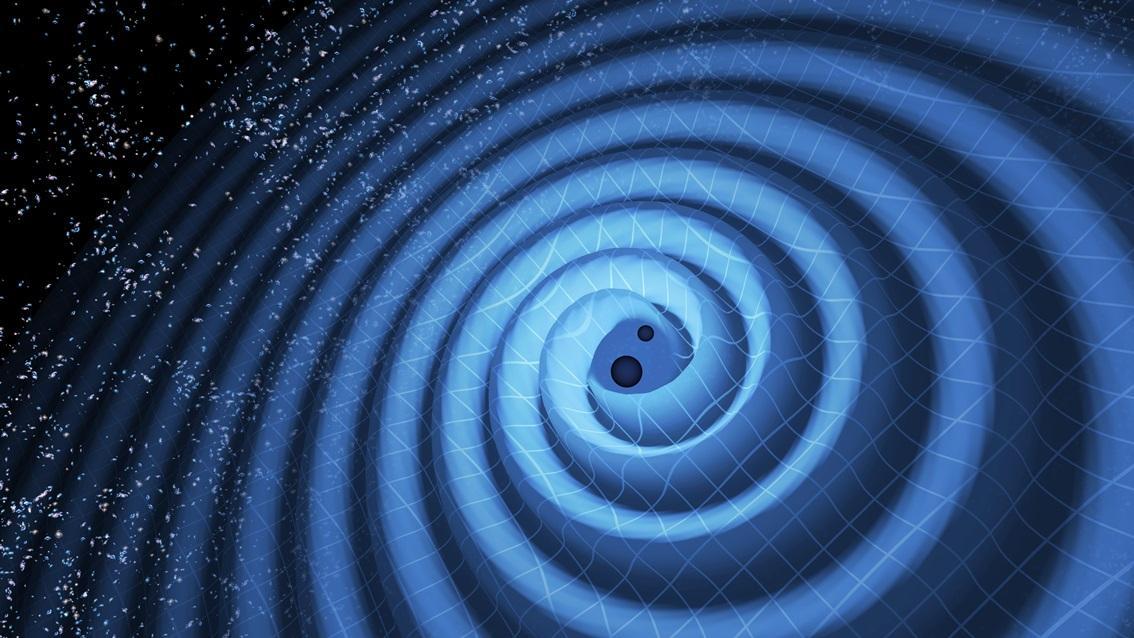The 2017 Nobel Prize in Physics was awarded Tuesday, Oct. 3 to leaders of the Laser Interferometer Gravitational-wave Observatory for the first detection of gravitational waves, according to a University news release.
The detection confirmed Albert Einstein’s major prediction of the 1915 general theory of relativity. The discovery opens a new window into the cosmos.
LIGO was awarded the prize by the Royal Swedish Academy of Sciences in Stockholm, Sweden, after LIGO observed ripples in the fabric of spacetime in the LIGO observatories in Livingston, Louisiana and Hanford, Washington. These gravitational waves were predicted by Einstein more than 100 years ago to arrive at Earth from a cataclysmic event in the distant universe. On Sept. 14, 2015, the two observatories detected gravitational waves from two black holes colliding over a billion light years away.
Leaders included LSU Adjunct Professor and MIT professor Emeritus Rainer Weiss and California Institute of Technology professor emeriti Kip Thorne and Barry Barish. Half of the prize was awarded to Weiss and the other half was dedicated to Thorne and Barish. Both Weiss and Thorne co-founded the LIGO/VIRGO Collaboration, while Barish led the final design stage, construction and commissioning the LIGO interferometers in Livingston, Louisiana and Hanford, Washington.
The LIGO Livingston observatory is located on University property, and University faculty, students and research staff have contributed to the international LIGO Science Collaboration. The location of the two observatories with another one in Europe creates a triangle that can verify astronomical observations.
The University’s contribution in gravitational-wave detection spans more than 40 years, which is among the longest of the institutions contributing to the present discovery, according to the news release. This Nobel Prize recognition is in part an outcome of the University’s long-term vision and commitment to high-risk, high-potential gain scientific research.
This is the third year scientists from the LSU Department of Physics & Astronomy have been among the scientific research teams involved with the Nobel Prize in Physics.
In 2011, LSU Alumni Professor Bradley Schaefer and colleagues from the Supernova Cosmology Project received a share of the prize. Their share was rewarded for their observation of distant supernovas.
In 2015, LSU physics professor Thomas Kutter and his group of postdoctoral researchers were awarded for the fundamental discovery of neutrino oscillation and properties.
“This is an exciting time for LSU and the College of Science,” said Dean of the College of Science Cynthia Peterson in a news release. “As scientists, we are in constant pursuit of more knowledge and understanding of our place in the universe. This discovery, 100 years in the making, is a leap forward in this pursuit. LIGO’s history-making work has given us new insight into our universe. We salute the LSU scientists who contributed to this discovery and all of the members of the LIGO scientific collaboration.”
LIGO gravitational wave detection wins Nobel Prize, LSU contributes to discovery
October 3, 2017
This illustration shows the merger of two black holes and the gravitational waves that ripple outward as the black holes spiral toward each other. The black holes — which represent those detected by LIGO on Dec. 26 — were 14 and eight times the mass of the sun, until they merged, forming a single black hole 21 times the mass of the sun.
More to Discover











